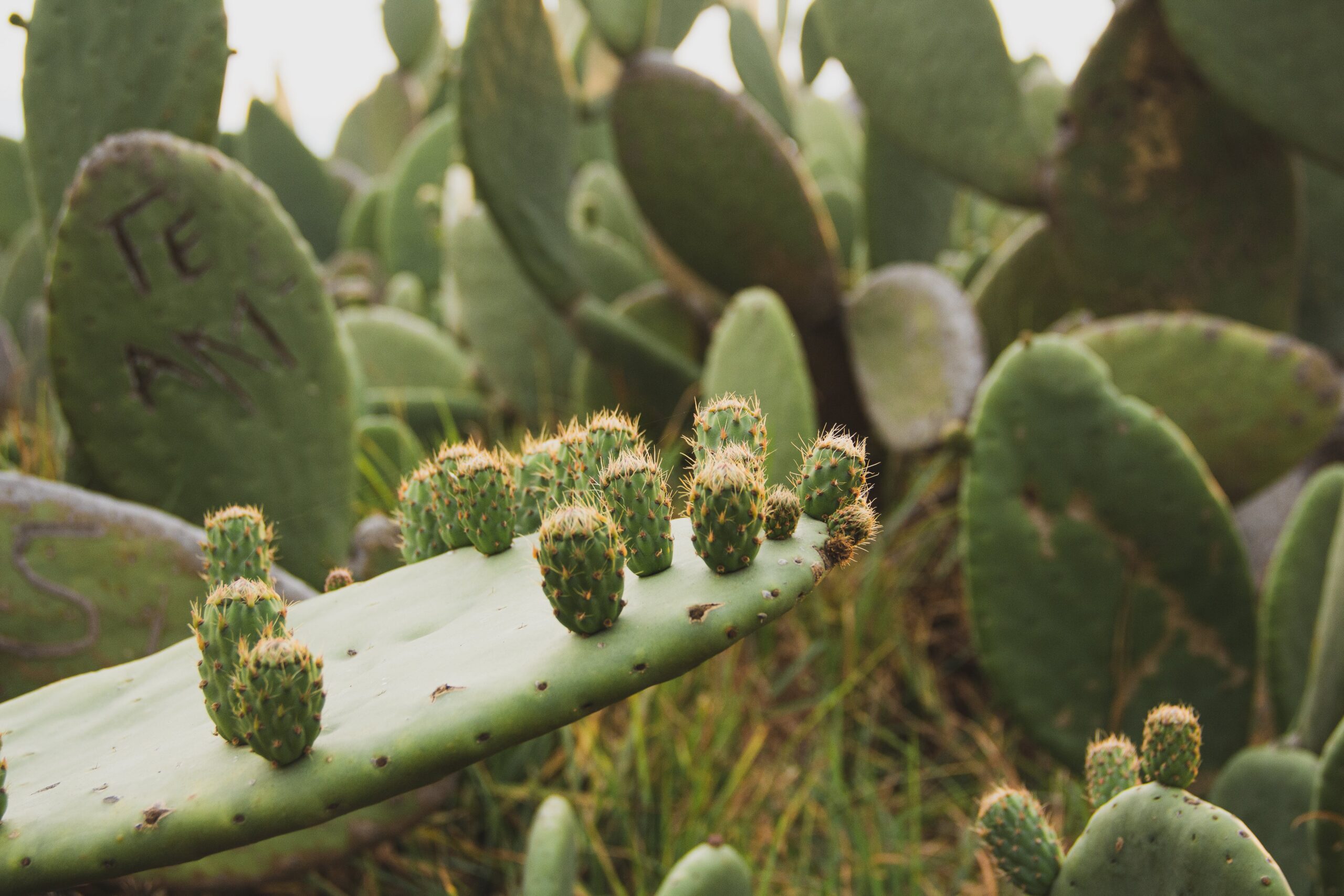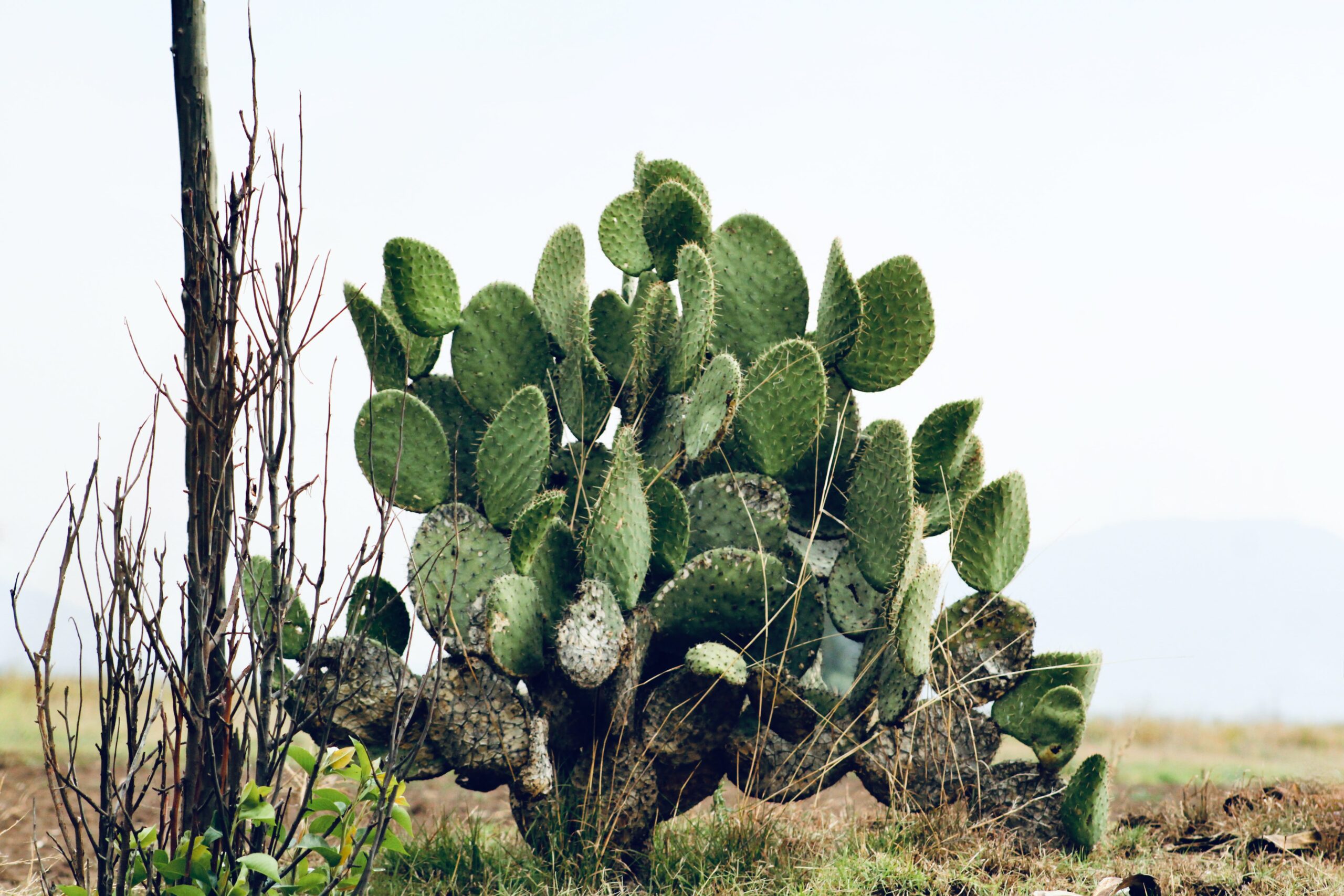Are you curious about the benefits of growing nopal in raised beds? Well, look no further! In this article, we’ll explore the advantages of cultivating this versatile and nutritious plant in raised beds. From improved drainage to enhanced pest control, you’ll discover why this approach is gaining popularity among gardeners and farmers alike. So, grab your gardening gloves and get ready to learn the secrets of successful nopal cultivation!
Increased Soil Drainage
Growing nopal, or prickly pear cactus, in raised beds offers numerous advantages that can greatly enhance your gardening experience. One notable benefit is the increased soil drainage provided by raised beds. Unlike traditional garden beds, raised beds have better drainage due to their elevated position. This prevents waterlogging, a common issue in gardens with poor drainage. Waterlogging occurs when the soil becomes oversaturated with moisture, leading to root rot and suffocation of plant roots. By cultivating nopal in raised beds, you can minimize the risk of root rot and ensure that your plants have the ideal conditions for healthy growth.
Improved Soil Quality
Apart from improved drainage, growing nopal in raised beds promotes better soil quality. Raised beds allow for enhanced nutrient availability, which is essential for the optimal growth of nopal plants. The structure of raised beds allows for better aeration of the soil, preventing compaction and facilitating the movement of oxygen to the plant roots. Additionally, raised beds provide an opportunity to incorporate organic matter such as compost, which can significantly enrich the soil and provide essential nutrients for your nopal plants. By growing nopal in raised beds, you can create an environment that fosters healthy soil and supports robust plant growth.

Better Weed Control
Weeding can be a tedious and time-consuming task for any gardener. However, growing nopal in raised beds can make weed control much more manageable. Raised beds offer reduced competition with weeds since the elevated structure limits their ability to invade the growing space of your nopal plants. Additionally, raised beds make it easier to physically remove weeds, as they are typically easier to spot and reach. By minimizing weed competition and facilitating weed removal, raising nopal in raised beds can save you time and effort, allowing you to focus on enjoying the gardening experience.
Protection from Pests and Diseases
Raised beds offer added protection against ground-level pests and diseases that can negatively impact nopal plants. The elevated position of the beds makes it more difficult for pests to access your plants, reducing the risk of damage and infestation. Additionally, raised beds can aid in disease prevention as they provide improved air circulation, which helps to minimize the occurrence of fungal and bacterial diseases. By growing nopal in raised beds, you can create a healthier growing environment that safeguards your plants against common pests and diseases.

Ease of Maintenance
Maintaining a garden can be physically demanding, particularly when it comes to bending and kneeling. However, growing nopal in raised beds offers a solution to this challenge. The elevated height of raised beds reduces the need for excessive bending and kneeling, making it more comfortable and accessible to tend to your plants. Whether it’s watering, fertilizing, or general maintenance, the raised bed design allows for efficient and ergonomic gardening. By choosing raised beds for growing nopal, you can enjoy the benefits of a well-maintained garden without straining your body.
Extended Growing Season
For gardeners looking to extend their growing season, raised beds can be a game-changer. Raised beds provide warmer soil temperatures, allowing for earlier planting and promoting faster growth. This can be especially beneficial for nopal, as it is a warm-season plant. By utilizing raised beds, you can create a microclimate that retains heat, protecting your nopal plants during colder months and providing them with the optimal conditions for growth throughout the year. With extended growing seasons, you can enjoy more harvests of fresh, homegrown nopal.

Improved Plant Health
The health and vitality of your nopal plants greatly depend on root development and reduced stress levels. Growing nopal in raised beds can contribute to both of these factors. The well-drained soil in raised beds promotes enhanced root development, allowing the roots to grow more deeply and efficiently absorb nutrients. By providing optimal growing conditions, raised beds can also reduce stress on the plants, ensuring they are less susceptible to environmental or physiological factors that may affect their growth. With improved plant health, your nopal plants will thrive and reward you with abundant harvests.
Increased Yields
Enhanced plant productivity is another advantage of growing nopal in raised beds. The efficient use of space in raised beds allows for greater plant density, enabling you to maximize your growing area. Additionally, the improved soil quality and nutrient availability provided by raised beds contribute to healthier and more vigorous growth, resulting in higher yields. By opting for raised beds, you can increase your harvest of delicious nopal paddles or fruits, ensuring that you have an abundant supply for culinary uses.
Contaminant-Free Produce
Food safety is a top priority for gardeners, and growing nopal in raised beds can help address this concern. Raised beds offer reduced soil contamination risk compared to traditional ground-level gardens, as they provide a physical barrier between your crops and potentially contaminated soil. This can be particularly important if you live in an area with contaminated soil or if you are unsure about the history and quality of the soil in your garden. By growing nopal in raised beds, you can have peace of mind knowing that your produce is grown in a clean and safe environment.
Versatility and Mobility
If you value flexibility and mobility in your garden, raised beds are an excellent choice for growing nopal. Raised beds are typically portable and adjustable, allowing you to easily relocate your nopal plants if needed. This can be especially advantageous if you want to take advantage of changing sunlight patterns, optimize growing conditions, or rearrange your garden layout. Additionally, the adjustable height of raised beds makes them adaptable to different gardening needs, accommodating individuals with varying physical abilities. With the versatility and mobility that raised beds offer, you have the freedom to customize your nopal garden according to your preferences and requirements.
In conclusion, growing nopal in raised beds presents a multitude of advantages that can greatly enhance your gardening experience and the success of your nopal plants. From preventing waterlogging and reducing root rot risk to offering improved soil quality, weed control, and protection from pests and diseases, raised beds provide an ideal growing environment for nopal. The ease of maintenance, extended growing season, improved plant health, increased yields, contaminant-free produce, and versatility offered by raised beds further contribute to their appeal. By adopting raised beds for growing nopal, you can enjoy the benefits of efficient gardening, tastier harvests, and a more enjoyable gardening experience overall.

